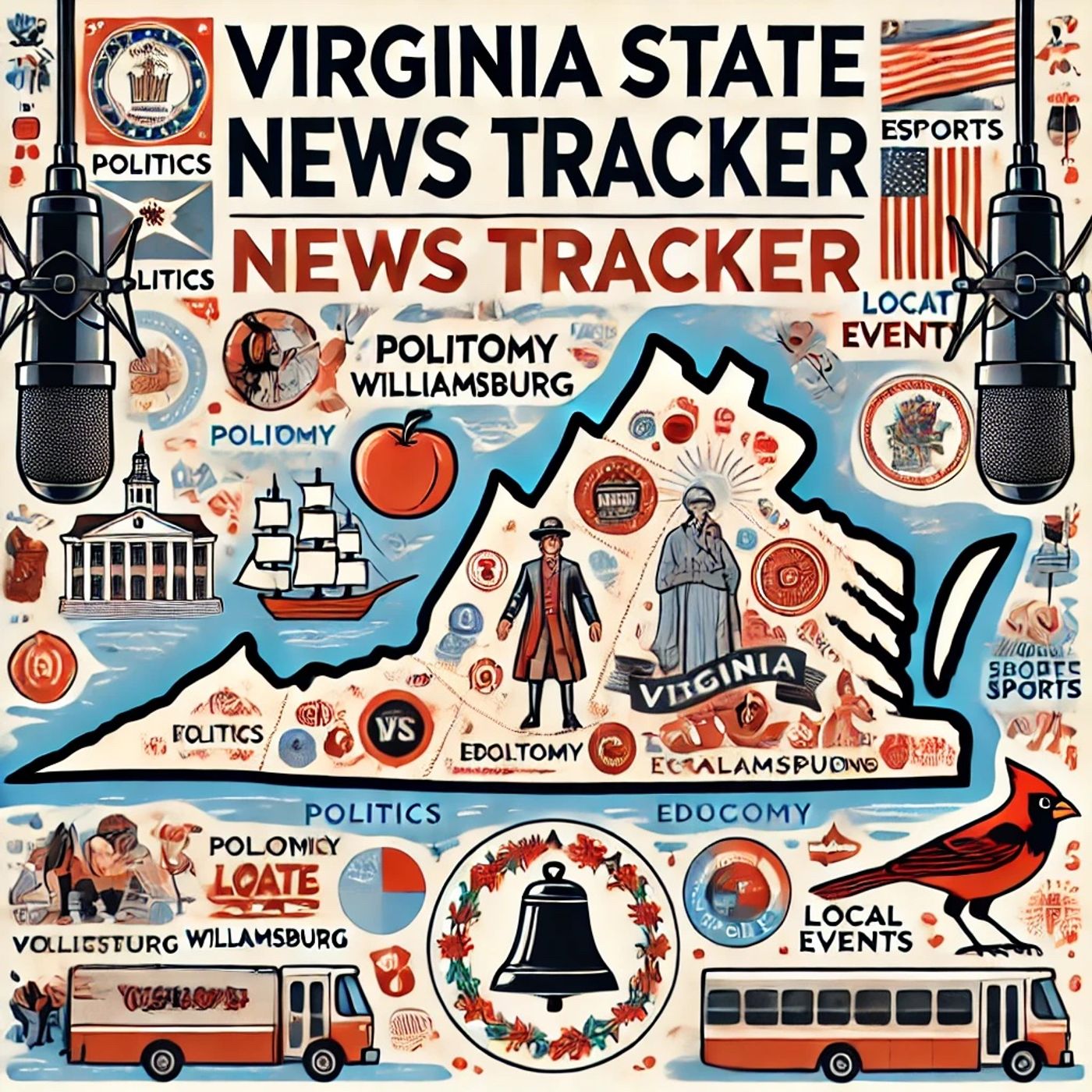Nov 01 2024 2 mins
Virginia has been the focus of recent legal and electoral news, notably with the Supreme Court decision allowing the state to continue its controversial practice of purging names from its voter rolls just days before an election. This ruling has significant implications, not only for the integrity of the electoral process in Virginia but also for how voter list maintenance is conducted across the United States.
The state of Virginia uses a system that intends to keep its voter rolls accurate and current, removing names that appear to be ineligible due to various reasons such as changes in residency, deaths, or duplications. However, critics argue that the timing and criteria used for these purges could potentially disenfranchise eligible voters. The specific case highlighted involves a man from Stafford, Virginia, who discovered just before an election that his name had been removed from the voter rolls, raising concerns about voter suppression and the transparency of the purging process.
Virginia's approach to maintaining its voter lists is in keeping with the broader national debates around voting rights and election integrity. These matters have garnered extensive discussion, particularly in the wake of the increased scrutiny of electoral processes following the 2020 Presidential election. Practices such as voter roll purges, voter ID laws, and the management of mail-in ballots are at the heart of these debates.
Moreover, while the state government purports that these actions are necessary to prevent voter fraud and maintain electoral integrity, civil rights organizations and voting rights activists express deep concerns. They argue that such measures disproportionately affect minorities, lower-income citizens, and the elderly—groups that may face significant barriers to reinstatement once removed from voter lists.
This situation in Virginia is a critical case study in the balance between preventing electoral fraud and ensuring the fundamental right to vote is protected and accessible for all citizens. As the state continues to navigate these complex issues, the outcomes will likely influence nationwide policies and the ongoing dialogue about democracy and voting rights in America. This matter underscores the crucial need for clear, fair, and transparent processes in voter registration and the maintenance of voter rolls to foster trust and participation in the electoral system.
The state of Virginia uses a system that intends to keep its voter rolls accurate and current, removing names that appear to be ineligible due to various reasons such as changes in residency, deaths, or duplications. However, critics argue that the timing and criteria used for these purges could potentially disenfranchise eligible voters. The specific case highlighted involves a man from Stafford, Virginia, who discovered just before an election that his name had been removed from the voter rolls, raising concerns about voter suppression and the transparency of the purging process.
Virginia's approach to maintaining its voter lists is in keeping with the broader national debates around voting rights and election integrity. These matters have garnered extensive discussion, particularly in the wake of the increased scrutiny of electoral processes following the 2020 Presidential election. Practices such as voter roll purges, voter ID laws, and the management of mail-in ballots are at the heart of these debates.
Moreover, while the state government purports that these actions are necessary to prevent voter fraud and maintain electoral integrity, civil rights organizations and voting rights activists express deep concerns. They argue that such measures disproportionately affect minorities, lower-income citizens, and the elderly—groups that may face significant barriers to reinstatement once removed from voter lists.
This situation in Virginia is a critical case study in the balance between preventing electoral fraud and ensuring the fundamental right to vote is protected and accessible for all citizens. As the state continues to navigate these complex issues, the outcomes will likely influence nationwide policies and the ongoing dialogue about democracy and voting rights in America. This matter underscores the crucial need for clear, fair, and transparent processes in voter registration and the maintenance of voter rolls to foster trust and participation in the electoral system.
